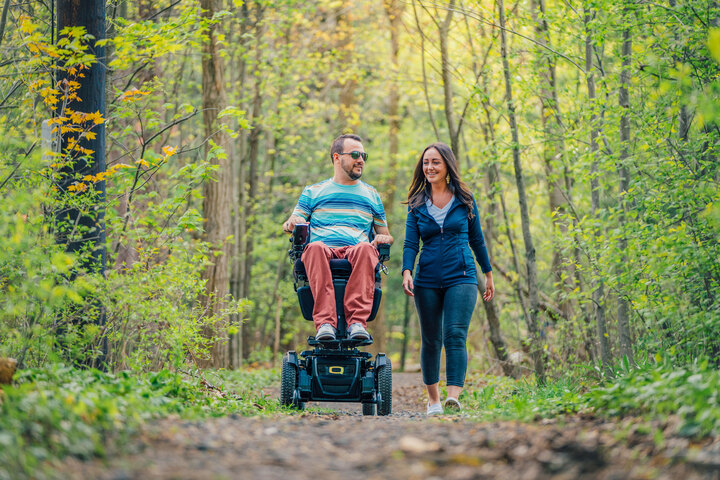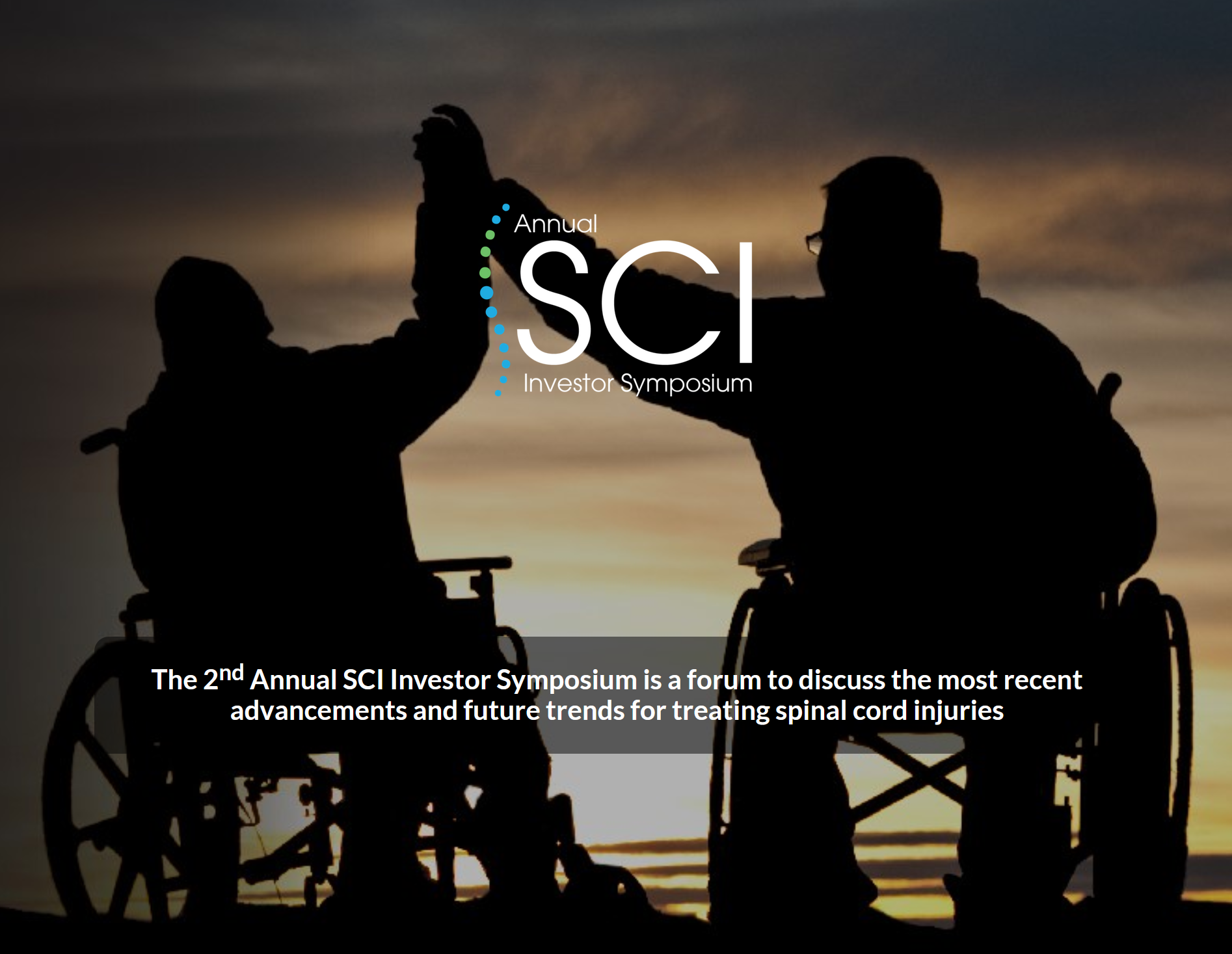Reeve Foundation Announces $3.1M Spinal Cord Injury Research Grants
Grant awards to fund novel clinical projects and scientific tools aimed at improving quality of life for individuals impacted by spinal cord injury
Short Hills, NJ – March 6, 2024 — The Christopher & Dana Reeve Foundation, a leading nonprofit organization dedicated to curing spinal cord injury by funding innovative research and improving the quality of life for individuals and families impacted by paralysis, announced today three new spinal cord injury (SCI) research grants totaling $3.1 million. The grants support clinical trials and research tools aimed at accelerating the therapeutic development of SCI treatments.
Two grants have been awarded to .NeuroRestore, a research, innovation and treatment center that develops and applies bioengineering strategies involving neurosurgical interventions to restore neurological functions. PsychoGenics, a CNS-focused contract research organization that designs and executes preclinical drug discovery and early development programs, received the third grant.
Together, the grants will fund projects designed to help catalyze and energize the field of SCI science by channeling resources for a robust clinical pipeline to rapidly increase the number of potential treatments, as well as drive progress and investment in spinal cord injury research by addressing the barriers that limit ambitious engagement.
The projects include clinical trials focused on: bladder dysfunction – a major quality-of-life issue for the SCI community; and a trial to advance novel brain-spine interface (BSI) technology, which has been shown to enable thought to control movement. Finally, a preclinical study will focus on innovative techniques and technologies to provide standardized lab research resources that do not currently exist. Specifically:
- Brain-Spine Interface to Reverse Upper Limb Paralysis: .NeuroRestore will receive $1.1 million over two years to support its Brain-Spinal Interface (BSI) technology to determine if thoughts, via cortical brain implants, can control not just lower extremity movement (which has been demonstrated in prior research), but also arm and hand function for those with cervical injuries.
This technology is being developed by ONWARD® Medical, a medical technology company creating therapies to restore movement, function, and independence in people with SCI and movement disabilities. It is the only company currently advancing both brain-computer interface (BCI) and spinal cord stimulation technology together – a “digital bridge” connecting brain signals with movement. In late February, ONWARD Medical was awarded its 10th Breakthrough Device Designation (BDD) by the US Food and Drug Administration (FDA) for its ARC-BCI™ System, which uses brain-BCI technology in conjunction with the company’s ARC-IM® Therapy to restore thought-driven lower limb mobility after spinal cord injury (SCI).
- Neuroprosthetic System to Manager Lower Urinary Tract Dysfunction After Spinal Cord Injury: With a $1.5 million grant, .NeuroRestore will apply epidural stimulation implants to participants with chronic incomplete spinal cord injuries to examine if the technology can be used to assist in the functionality and control of the bladder. This proof-of-concept, safety, and feasibility study over two years will determine if epidural stimulation, which has seen success in movement and blood pressure, can be used for voiding and storage of the bladder.
This early-stage study will utilize ONWARD Medical’s targeted ARC Therapy stimulation, which the company is actively developing with .NeuroRestore.
- Standardized Testing Research InVivo Endeavor (STRIVE): A preclinical grant for $522,000 is awarded to PsychoGenics to develop an in-house standardized model for testing potential therapeutics. This project will help accelerate therapeutic development by providing a validated tool to the SCI research community.
The Reeve Foundation is dedicated to developing real-world treatments for people living with spinal cord injury (SCI) and paralysis. Decade by decade, the Reeve Foundation has worked to change what was deemed possible, collaborating with equally determined scientists and labs to map a path toward progress and build a vibrant research field that delivers real improvements for people living with paralysis. Today, as 21st-century technology and cumulative scientific gains converge, we are on the cusp of a new era in spinal cord injury research.
“These grants represent a fresh approach to spurring the SCI scientific arena forward through our support of high-risk-high-reward endeavors that address unmet needs of individuals living with spinal cord injury,” said Marco Baptista, Ph.D., Chief Scientific Officer of the Reeve Foundation. “It is our goal to facilitate rapid scientific advancement, and these grants are an important step in ensuring that the most promising science of the day is primed for accelerated success.”
# # #
About the Reeve Foundation
The Christopher & Dana Reeve Foundation is dedicated to curing spinal cord injury by funding innovative research and improving the quality of life for individuals and families impacted by paralysis. Additionally, through a cooperative agreement with the Administration for Community Living, the Reeve Foundation’s National Paralysis Resource Center (NPRC) promotes the health, well-being, and independence of people living with paralysis, providing comprehensive information, resources, and referral services assisting over 125,000 individuals and families since its launch in 2002. The Reeve Foundation is committed to elevating our community’s voices and needs to achieve greater representation and independence. We meet all 20 of the Better Business Bureau’s standards for charity accountability and hold the BBB’s Charity Seal. For more information, please visit ChristopherReeve.org or call 800-225-0292.
Media Contact:
Julia Leonard, Media Specialist
973-933-7222








